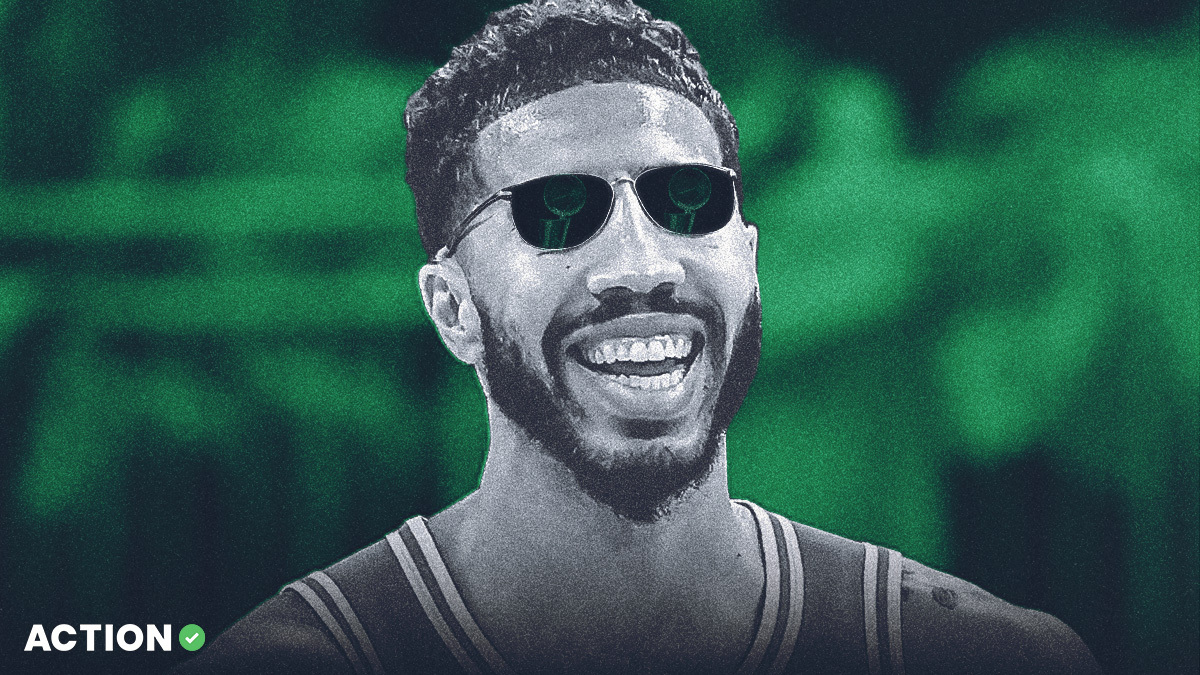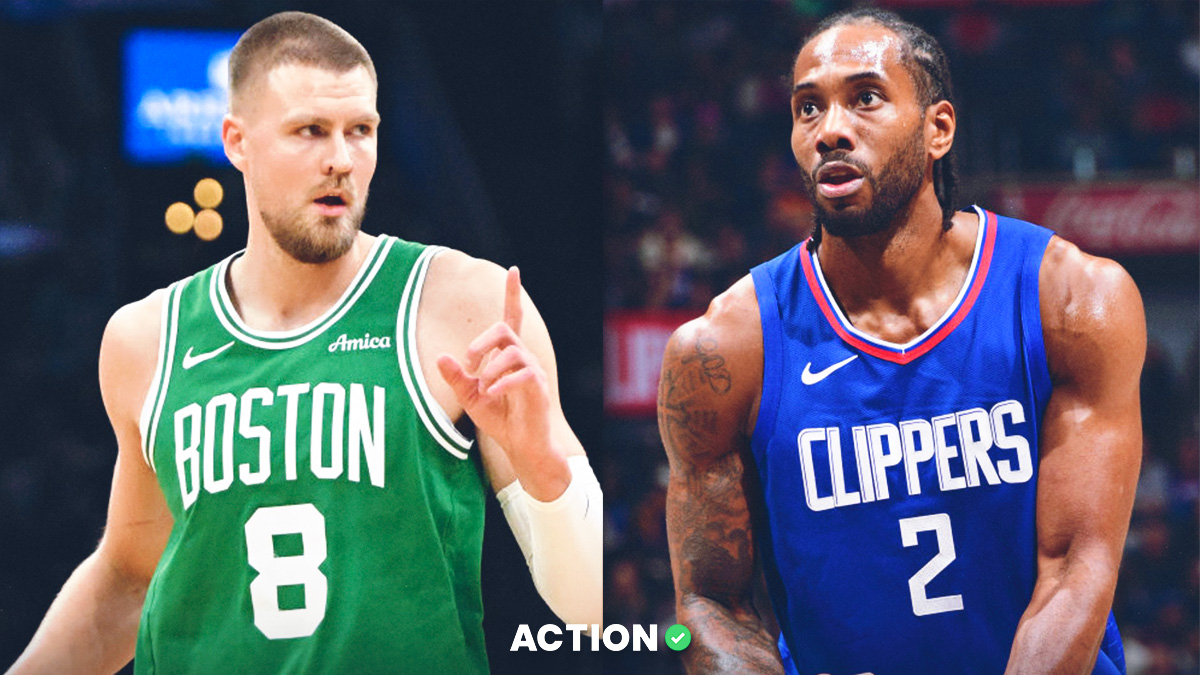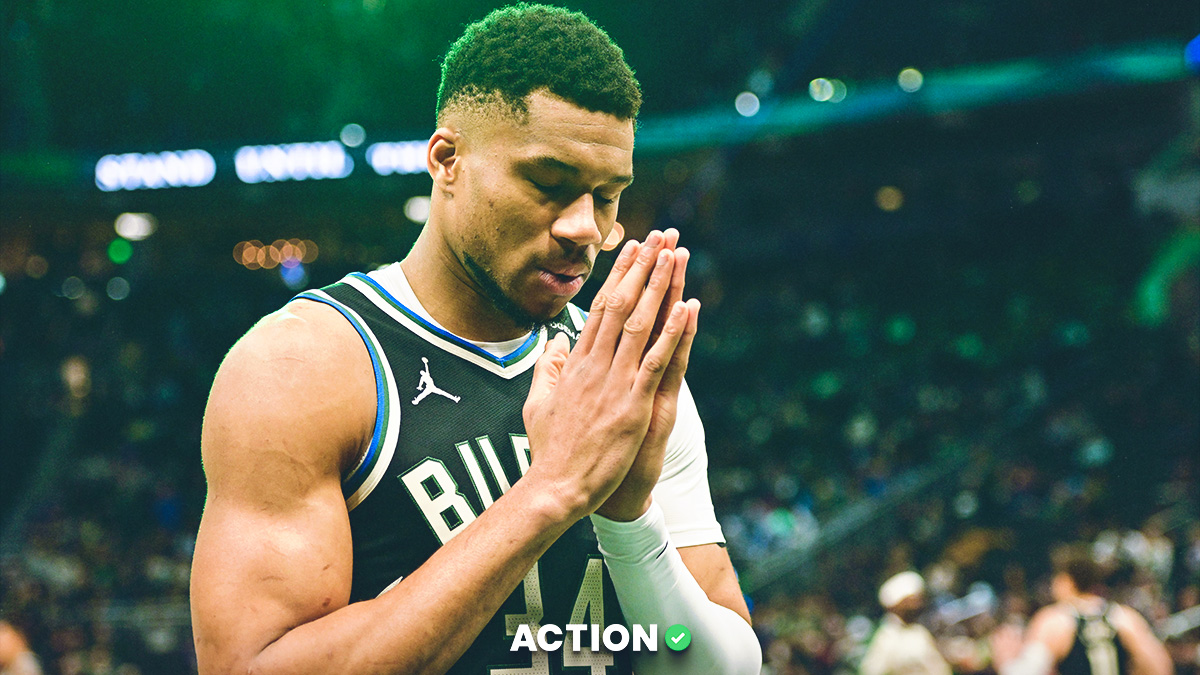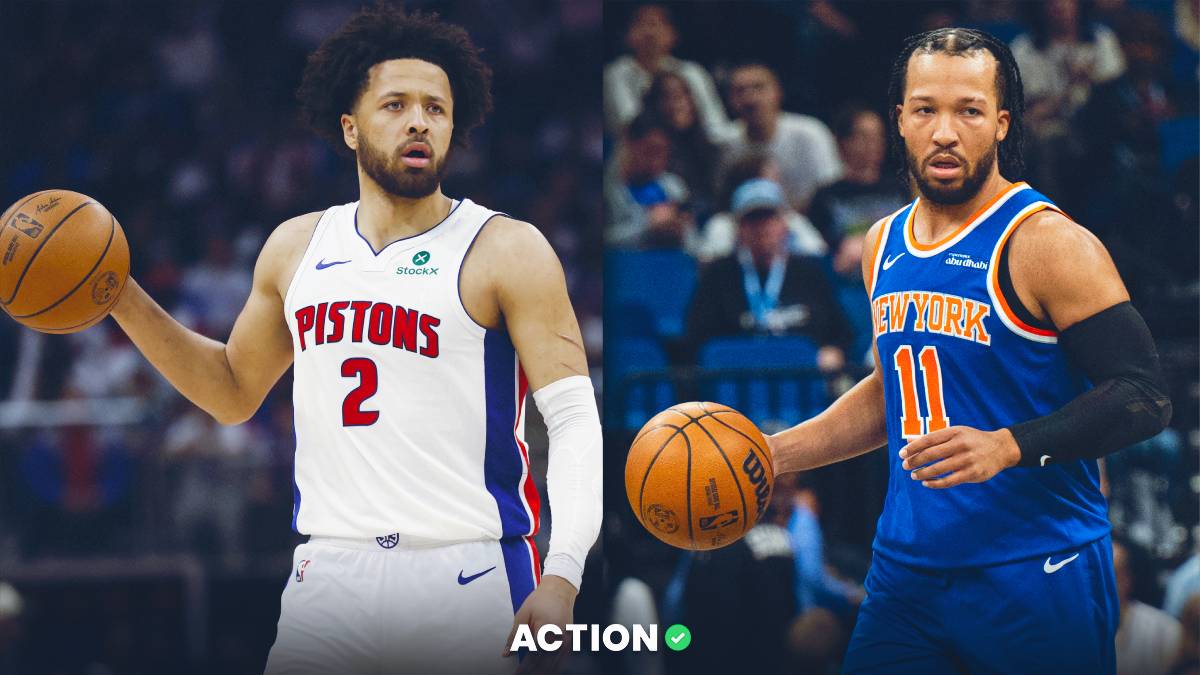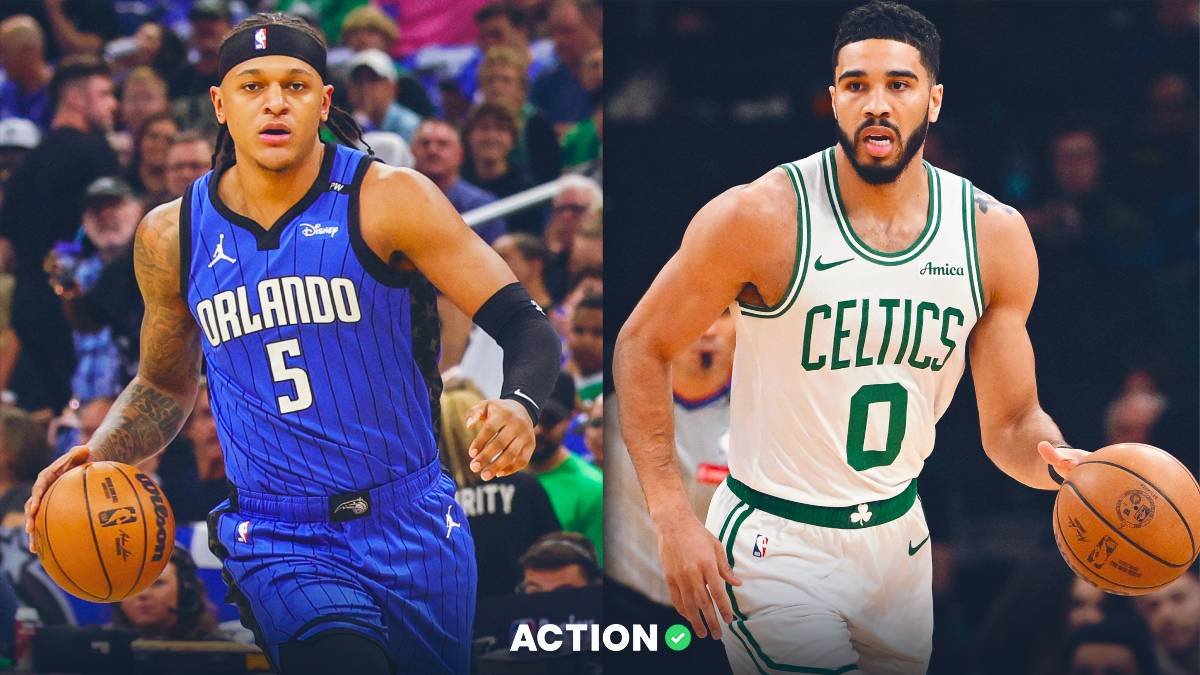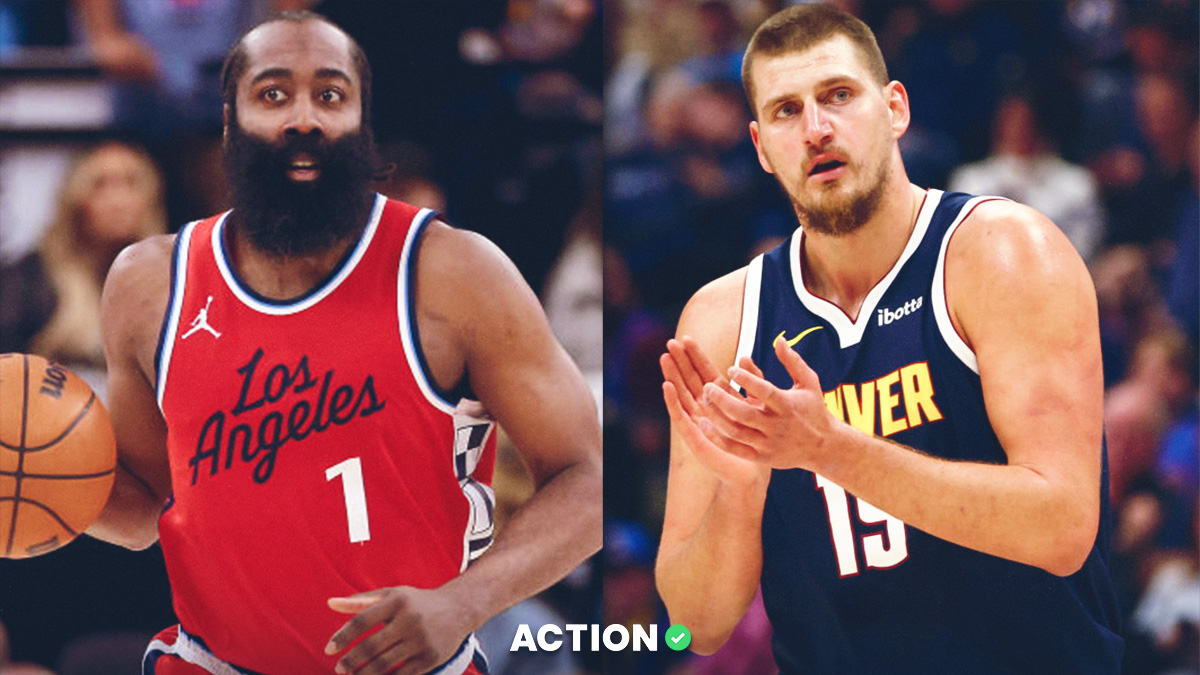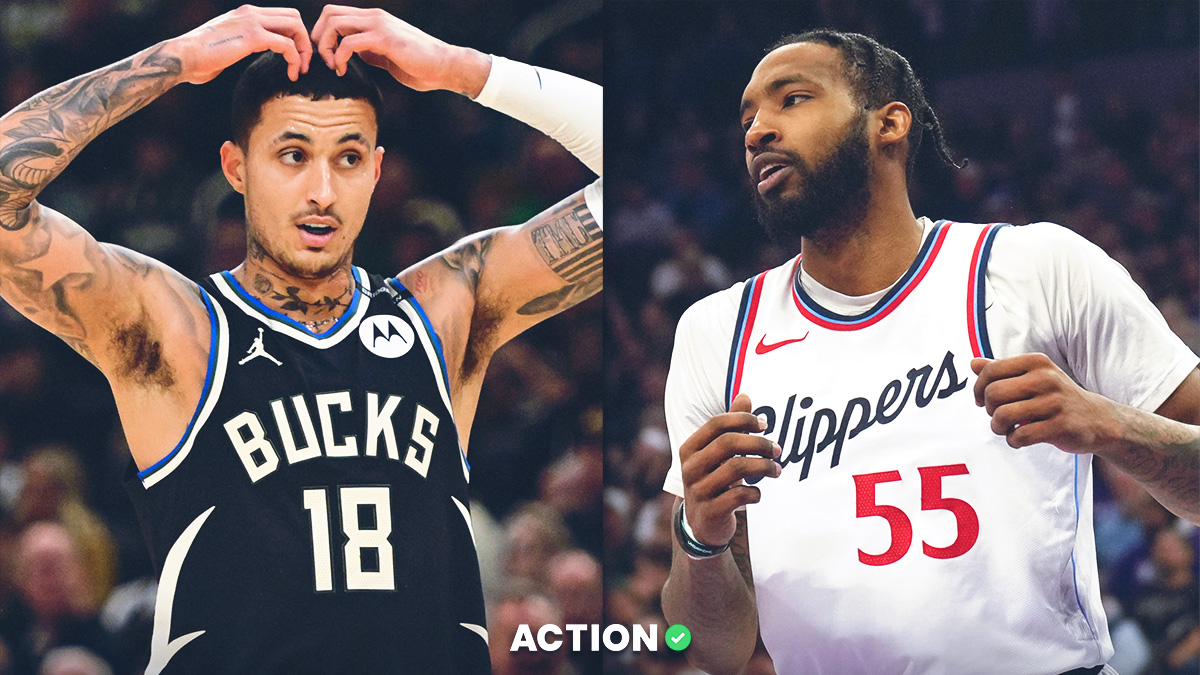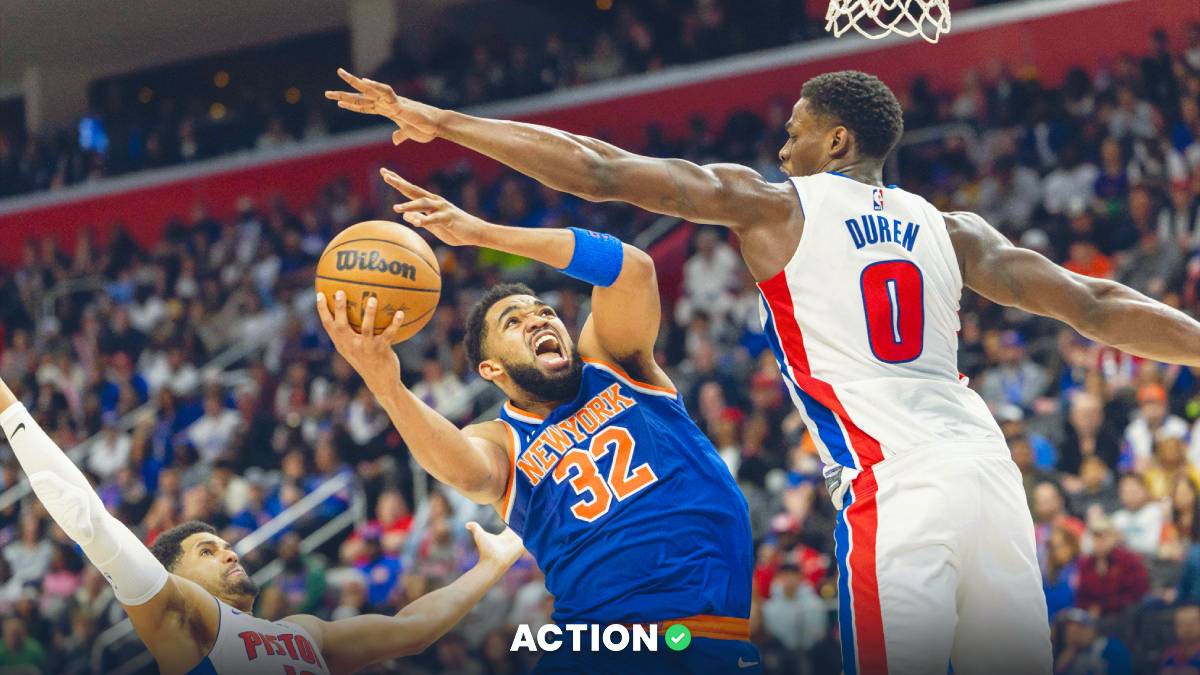The Boston Celtics are finally NBA champions again.
Yes, finally.
It admittedly feels weird to say that about Banner 18 for an obnoxiously loud green-and-white Boston fan base celebrating its 13th title among the top-five men's sports leagues this century — that from 25 championship appearances, more than once per calendar year, a veritable embarrassment of sports riches.
It isn't quite what it seems though, and not just because this particular Boston team has only two of those 18 banners now since 1986.
It's not quite the same because this one, this Celtics championship — this one feels different.
This one feels right, even for Boston doubters.
Like the Celtics did it "The Right Way."
That's why, like Dr. Strangelove, I've finally learned to stop worrying and love the Celtics, embracing all that they are as the epitome of team building, patience, selfless teamwork, and championship basketball.
We have to start our story all the way back in the 2007-08 NBA season.
Boston traded for Kevin Garnett and Ray Allen, adding them to longtime Celtics legend Paul Pierce, and that trio led the team to a 66-16 record and the first Celtics championship in over two decades.
The team won 62 games the following season but exited the playoffs early with KG hurt, then made it all the way to Game 7 of the NBA Finals in 2010 before falling short with Kendrick Perkins sidelined.
Soon after, the Celtics realized the window was closed and chose to move on, sending Garnett and Pierce to the Nets in a blockbuster deal that netted them the rights to first-round picks in 2014, 2016, 2017, and 2018.
Boston used that 2016 pick on Jaylen Brown.
One year later, the pick landed at No. 1 and the Celtics traded down two spots with Philadelphia, picking up another future first, and selected Jayson Tatum.
And so began the great Celtics rebuild, one in which Boston only ever missed the playoffs once, slowly but surely rebuilding its roster around its two star Jays on the wing. The Celtics filtered through a number of lead guards — Isaiah Thomas, Kyrie Irving, Kemba Walker, Marcus Smart — along the way, making six of the last eight conference championships, coming ever closer to the ultimate goal.
You could argue the Boston Celtics have become the ultimate Trust the Process team.
Tatum and Brown are the tie to the last Celtics title team, the bridge from one era to the next.
Al Horford was from Philadelphia too, via Oklahoma City. He allowed the Celtics to get off a bad Kemba Walker contract — one of many mistakes the team made and recovered from along the way — and was effectively matching salary fodder to complete the deal after being discarded by the 76ers a season earlier.
Jrue Holiday once played in Philly, too. He was the latest major addition to this core, costing Boston just a pair of injury-prone players in Robert Williams III and Malcolm Brogdon and two picks, including No. 14 this year.
That pick had been a throw-in on the Kristaps Porziņģis trade, who played for Boston's Finals opposition not long ago. Dallas got Tim Hardaway Jr. as a centerpiece of that deal. Boston traded Smart and loose change for KP, actually getting back that No. 14 pick for its troubles.
And don't forget about Derrick White! He's dirt-cheap price tag: a couple picks, Josh Richardson, and Romeo Langford — a guy the team drafted with the bonus pick it got from trading down for Tatum.
Xavier Tillman was a quietly sneaky addition at this year's trade deadline, costing just Lamar Stevens and a couple second rounders before stepping in to play stout defense in the Finals with Porziņģis out.
Sam Hauser was totally free, undrafted and picked up on a two-way contract, then developed in the G-League.
Forget Finals MVP Jaylen Brown — give it to Boston's President of Basketball Operations Brad Stevens instead.
This was a team-building masterclass, bit by bit, one step at a time, patiently and carefully adding each necessary piece of a historically great championship roster that won the Eastern conference by 14 games, then cruised through the playoffs at 16-3 without ever breaking a sweat.
In an era of superteams and mega trades, Boston built its roster the right way, slowly, painstakingly, over a decade of trial and error. There was no blockbuster all-in move, no triple-max-plus-minimums lopsidedness, no microwave quick-fix solution along the way.
Boston management took its time, stayed the course, kept scooping up antes and grabbing blinds, and put itself back at the NBA's final table season after season, waiting for the final cards to come up right.
The Celtics certainly caught every river on this playoff run.
The Heat were without Jimmy Butler. The Cavs lost Donovan Mitchell and were a dream second-round matchup anyway. The Knicks and Sixers fell apart and never got there. The Pacers lost Tyrese Haliburton. The Mavs took down the West No. 1- and 3-seeds. The Nuggets blew a huge Game 7 lead at home.
None of that matters at the end of the day.
Flags fly forever, and No. 18 will hang in the banners just as high as the other 17.
Don't forget Boston itself lost its most important X-factor for the majority of these playoffs, then again in the Finals, and don't forget about the Tatum injury in ECF Game 7 last year, the IT4 injury, the Kyrie issues…
Every team's luck runs hot and cold. Champions play through and win anyway.
They also win as teams, and few champions in modern NBA history epitomize team quite like these Celtics.
This is everything we love about basketball — this is the beautiful game.
The story of this postseason was the better team repeatedly beating the best player in the series. Luka Dončić was the best player on the court all series, but Boston's team was simply too good for that to matter.
Excluding the NBA's four 56-plus-win teams in the opening round, the best player lost to the better team in nine of the 11 postseason series. Boston was responsible for three of those losses. Its team just kept being better than whatever the opposing star threw at them.
The best team in basketball never even got a single truly great series from its best player in Tatum, but still never played a single Game 6 anyway.
It got only 165 minutes all postseason from Kristaps Porziņģis, 1B on this team by advanced metrics like BPM and EPM, and no one even noticed.
Boston led the league in 3s made and attempted, one of the five or 10 greatest shooting teams in NBA history, but the Celtics shot just 70-for-207 in the Finals, an ugly 33.8%.
Didn't matter — they won in five anyway.
It was someone different every game.
Kristaps Porziņģis returned from injury to score 18 in the first half in Game 1 and set the tone early. Jrue Holiday shot 11-of-14 in Game 2, scoring 26 and adding 11 rebounds. Jaylen Brown played the game of his life in Game 3 with 31/8/8 and hit the pull-up late that all but clinched the championship.
Game 5 was finally Jayson Tatum's turn, with 31 points to go along with 11 assists, unlocking the Celtics offense as he'd done all Finals long. Al Horford stepped in for Porziņģis and led the starters in Finals BPM. And we haven't even mentioned Derrick White, who hit the most 3s in a series won on shooting and who was arguably the best, most consistent Celtic throughout this playoff run.
All hail Joe Mazzulla, who decided we're going to beat you with 3s gosh darn it, and got the team to buy in every step of the way.
Boston bombed, bombed, and bombed some more, even when it went ice cold. The team had a unique defensive strategy in each series but stayed true to what it was on offense, moving the ball and beating teams with math, shooting, and an endless barrage of 3s.
There were myriad questions on how Mazzulla would adjust in a big playoff moment. Turns out you don't need to adjust when you're just better than everyone else and ahead in every single series.
Boston led the league in offense all regular season, then again in the playoffs.
At its best, the ball zips around the perimeter of this five-out offense, moving faster than the beleaguered defense can possibly respond.
Boston doesn't win because Jayson Tatum is better than the opponent's best defender. It wins because the ball keeps moving and now Derrick White or Jrue Holiday have the ball and are vastly better than the opponent's worst defender — with space to attack and a matchup advantage in tow.
It wins because Brown is getting downhill into space again, space created by Porziņģis or Horford stretching out the defense with another three. It wins because Holiday is back-cutting to the rim for an easy look or snagging another offensive rebound, and because White is quietly campaigning for an Olympic spot as Kawhi Leonard's replacement doing a little bit of everything, whatever this team needed night-to-night.
Game 3 was Celtics basketball in a nutshell.
The desperate Mavs had come out strong at home, taking an early lead and unveiling a one-man zone from its big men that was flummoxing Boston's offense.
So, what did the Celtics do? They simply adjusted at halftime, then solved every problem Dallas presented in real time, one decision at a time, with every player in the Celtics lineup trusting each other, trusting the system.
This was no superstar takeover. Boston's superstar is its team identity.
Even Boston's much-maligned bench stepped up time and again in the playoffs, as emblematic of this team's all-around strength as anything else.
Al Horford — maybe the deserving Sixth Man of the Year — filled in for Porziņģis all playoffs without missing a beat. Payton Pritchard scored double digits in four of five against Cleveland, fought hard on defense, and hit a pair of half-court buzzer beaters. Xavier Tillman waited his turn, then shook off the rust to help defend Luka Dončić in the Finals.
Sam Hauser was as impressive and integral as anyone.
Here's an undrafted dude many thought would be played out of Boston's rotation repeatedly hitting big 3s but, more importantly, defending hard, rotating, consistently making smart decisions and being in the right spot so he could earn his playing time and stay on the court to take those 3s.
The Mavs seemed to build their entire Finals strategy around waiting for one of those names to come off Boston's bench and into the defensive action, then attacking it mercilessly — and the strategy failed miserably.
Dallas' offense stalled and failed playing iso ball as Hauser, Pritchard, Tillman, and Horford repeatedly held their own. Dončić and Irving dribbled out countless possessions looking for an advantage that simply wasn't there because Boston's team defense, one through nine on down the roster, was just too organized.
The Mavs tried to win playing one-on-one but too often ended up one-on-five.
But five players win in basketball. Teams win, not individuals, and the Celtics are the ultimate team.
It's hard to embrace this Celtics title team in part because it's yet another green-and-white banner, yet another title for Boston fans already drowning in championship rings and Celtics 3-pointers.
But don't miss the forest for the 3s.
This is basketball played the right way, a five-man team playing with a clear identity, making the subtle play to set up the play, knowing each others strengths, solving problems in real time.
This is a team built the right way, from the bottom up, one piece at a time, trial and error, slowly but surely.
This is a worthy champion that inched its way up the mountain step by step, coming ever closer to the ultimate goal, learning and improving along the way without ever cutting corners.
Like it or not, these Boston Celtics are everything we dream about in basketball — the right team built the right way, winning with the right style with the right players and coach and system.
Hate on the Celtics if you must.
As for me? I've finally learned to stop worrying and love basketball's newest and finest title Team — that's Team, with a capital, championship T.


